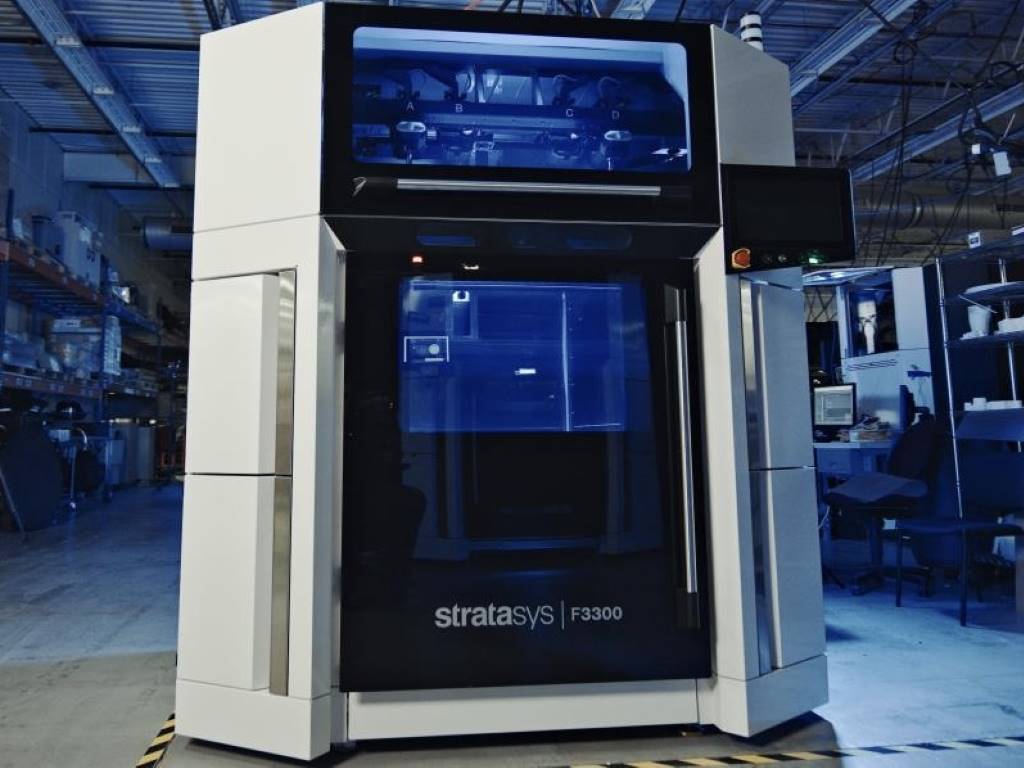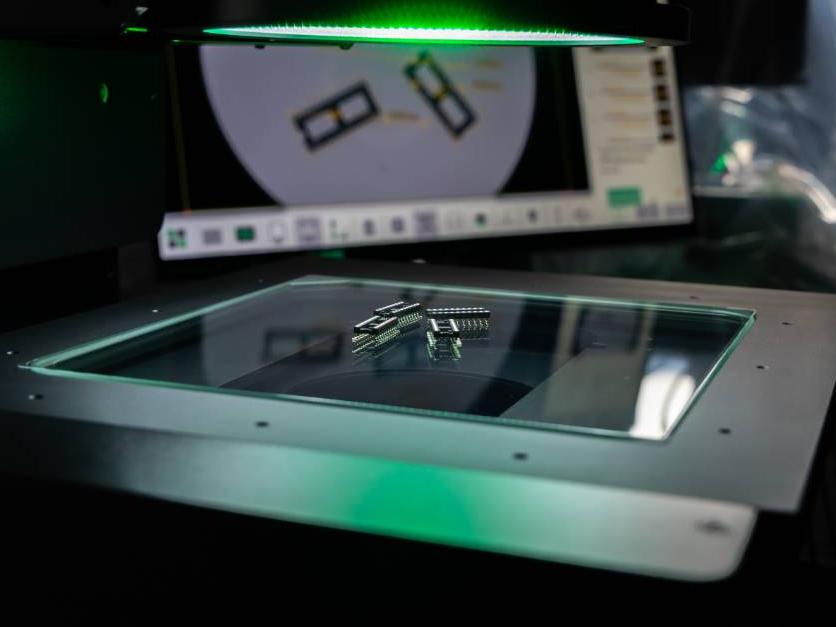Bespoke washing technology – because not every manufacturing process is the same

The continued advancements in manufacturing technology combined with requirements for ever-higher cleanliness levels in precision engineered components is resulting in more demand for bespoke aqueous washing systems, according to MecWash Systems.
The UK-based global specialist in the design and manufacture of aqueous parts cleaning and degreasing equipment says that while its standard range of tailored systems surpassed the specifications required by most manufacturers, bespoke systems addressed more specialised requirements.
“In the majority of cases our aqueous washing and degreasing systems, combined with the development of specific chemical formulas produced by our in-house laboratory, provide a solution that more than meets a manufacturer’s requirement,” explains John Pattison, managing director of MecWash Systems, based at Tewkesbury, Gloucestershire.
“For some, however, if they’re manufacturing a new product, have a unique cleaning challenge or complex production techniques, possibly due to one of their customer’s specifications, then a bespoke system might be required.
“Indeed, while all of our systems are commissioned to a customer’s specifications and trialled before installation, a bespoke system can be tailored even more specifically to their own unique needs and processes.”
One of MecWash’s existing clients, a leading manufacturer in the aerospace industry, had a specific cleaning requirement for bearing housing engine components. The bearing housings are made of super alloys. The oil and swarf contamination created in the manufacturing process must be completely removed before the components can be used in an engine assembly.
The challenge in this particular application was to adequately flush out the internal galleries, channels and tubes as the customer’s existing immersion equipment was not meeting its stringent cleanliness specifications.
The solution was MecWash designing and building its largest machine to date, the ‘SuperMaxi’, based on existing designs but scaled up to handle the large component size.
The wash, rinse and dry process used in the SuperMaxi features a high flow rate designed for flushing complex components. The components are held in a wash chamber and wash solution is pumped through and around the rotating parts at up to ,2000 litres per minute.
The combination of high flow wash and rinse processes and dedicated jetting of the critical features provides very powerful cleaning and highly effective contaminant removal.
A very different challenge arose at Cambridge-based C4 Carbides which manufactures power tool accessories and industrial bandsaw blades. It needed to increase its cleaning regime to meet its customers’ demands and to ensure 24/7 production, with no costly downtime and without compromising product quality. The company already used a MecWash Duo which was delivering excellent results.
C4 needed to ensure it could achieve an extremely clean surface on a fast-moving band of steel, before applying tungsten carbide or diamond coatings to form saw blades.
“Any oil or dirt residue remaining from the production process has the potential to significantly impact the quality of our product, which in turn, could adversely affect our reputation,” reveals Chris Norman, process engineer at C4 Carbides.”
MecWash suggested the company installed two custom made wash systems for the two production lines. Designed and trialled, the exacting results were delivered, and the bespoke washers were commissioned and introduced to the production process.
“These washers provide a continuous cleaning process which is vital for a manufacturer like us where production is running 24/7and any downtime we incur would lead to higher costs,” adds Mr Norton.
Another global blue-chip client in the aerospace industry, and an existing client, had specific cleaning requirements for turbine blades used in civil aircraft.
The turbine blades are manufactured from nickel-based super alloys and the casting media used in the manufacturing process must be completely removed before the blades are used in an engine assembly. The challenge was flushing out the internal cooling channels in the blades, which could only be accessed via very small orifices.
A prototype ‘BladeWash’ was designed and built by MecWash which delivered the results the client wanted. The wash process features a high flow rate designed for flushing components.
The components are held in a very confined wash chamber, and water is pumped through and around the components at up to 1,000 litres per minute per blade (depending on the component and fixturing) attaining very high speeds. A production machine was then manufactured and the customer was so impressed with the cleaning results that a further three have since been ordered and installed.
John Pattison, managing director at MecWash, says: “It’s important for us to be able to work closely with existing clients and other manufacturers who have specific requirements that demand a bespoke washing system.
“In most cases our existing range will more than cater for their needs. However, where there are complex or unique requirements, we work closely with customers to design and build the right process, chemistry and system that will deliver the exacting results needed.”
MecWash www.mecwash.co.uk











